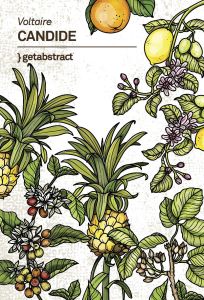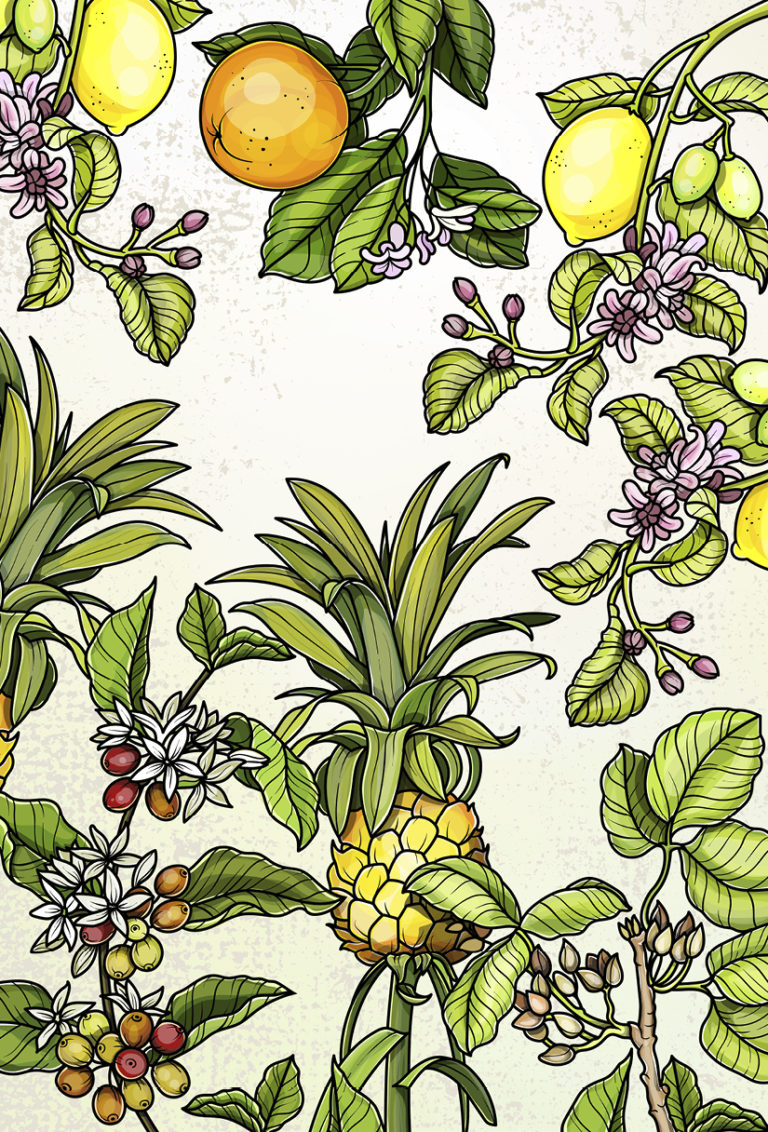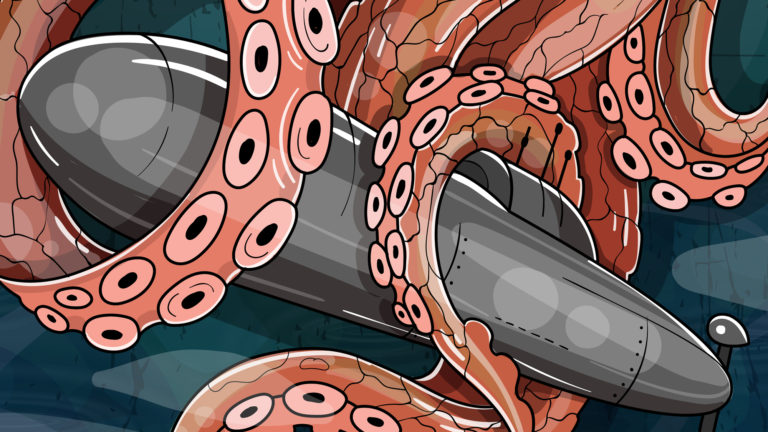
Candide
Or Optimism
- Satire
- Enlightenment
What It’s About
Humankind lives in “the best of all possible worlds.” This is the philosophy and firm belief of Pangloss, Candide’s tutor, which he passes on to his pupil. Yet the concept is severely tested as the young (and naive) hero stumbles from one (mis)adventure to the next in a quest to win the hand of his beloved Cunégonde. Candide is thrown out of his home, forced to join the army, almost burned at the stake, hunted, abused, tortured, beaten, almost killed during an earthquake and taken prisoner several times. In the end, even overly optimistic Candide has to admit defeat, giving up on all philosophical discourse and instead turning to a life of working the land. Voltaire’s novel questions and ridicules the philosophy of optimism by juxtaposing it with the cruel realities of life and showcasing the brutality and callousness of humanity. With Candide, Voltaire created one of the darkest – albeit hilarious – satires of world literature. Candide’s relentless optimism in the face of the inhumanity of the human race, will leave you wondering whether to laugh or cry.
Summary
About the Author
Voltaire was born François-Marie Arouet in Paris on November 21, 1694. His father was a solicitor, and his mother was of noble birth, but died early. On the advice of a friend, his father sent him to a Jesuit college when Voltaire was ten. By the time he left the college, Voltaire had decided that he wanted to be a writer – against his father’s wishes, who sent him to Caen to study law. However, Voltaire continued to write and published his first work, the tragedy Oedipe, in 1718. Voltaire became involved in Parisian high society, where his dark humor and knack for mocking authority eventually got him into trouble. He was sentenced to prison twice. In 1718, after his 11-month imprisonment in the Bastille, Voltaire adopted his nom de plume. In 1726, he found himself again in the Bastille after an altercation with the French nobleman Chevalier de Rohan. He managed to cut short his imprisonment by agreeing to an exile to England, where he soon joined high society. He returned to France in 1728 and caused renewed uproar with the publication of his Lettres philosophiques, in which he wrote about his views of the British government, literature, science and religion – views he considered superior to those of the French. The Lettres were publicly banned and burned, and Voltaire fled to the Château de Cirey in Lothringia. A decade later though, Voltaire was back in favor. Thanks to the recommendations of the Marquise de Pompadour, he became Louis XV’s chamberlain in 1746. In 1749, he responded to an invitation from Prussia’s King Friedrich II. However, the posting didn’t last long – again, due to various altercations – and in 1758, Voltaire bought Ferney, a manor house close to Geneva, where he lived and wrote for 20 years. He died on May 30, 1778 in Paris.











Comment on this summary or 开始讨论